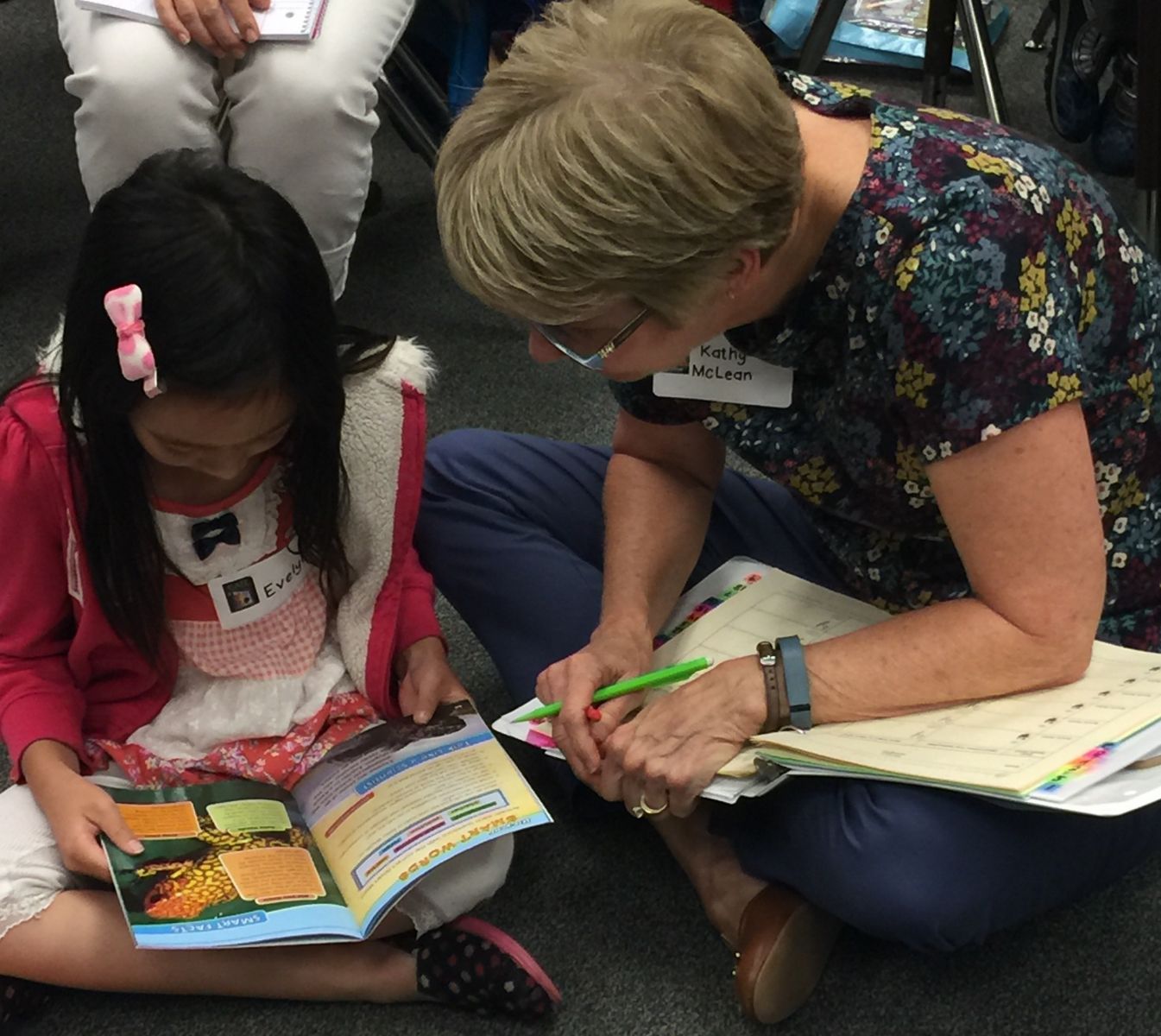Gail Boushey
September 23, 2016
Issue #427

My ear is naturally listening for other potential swaps. Just recently, the word try seems to stick to my tongue rather than rolling off it like it used to. Try often creeps in when I am working with students. Adding the word try to conversations can soften a request, lighten an expectation, or offer an option. However, notice how it works in these examples:
- “Today I want you to try the strategy of Check for Understanding in your reading.”
- “When you are walking down the hall, try to keep the noise down so others can stay focused.”
- “Try this activity at home tonight.”
- “Try to be on time for our staff meeting tomorrow.”
The word try offers a way to opt out of whatever is being asked. It suggests that success is optional—or even unlikely. For example, perhaps I say to a student, “Try to use this strategy.” That student might hear, “I know this is hard and you probably can’t do it. But just put in some effort anyway.”
In response, they might think, I’ll just say that I tried. I am sure my teacher will accept that, no matter what I have done. After all, I tried.
Or maybe when I say, “Try to use this strategy,” my student hears something like this: “You don’t have to work too hard. Just take a pass, because this will be hard to do. Put out some effort, but don’t worry if you don’t understand it.”
When we tell students to “try,” are we giving them permission to fail? Are we making it okay for them to leave tasks incomplete or to not even attempt them? If so, what words could we swap in to create more precise and productive meaning in our conversations? How about will, do, and practice? Or we could just delete the word try altogether. Notice the different effects of these same examples, without try.
- “Today I want you to use the strategy of Check for Understanding in your reading.”
- “When you are walking down the hall, keep the noise down so others can stay focused.”
- “Do this activity at home tonight.”
- “Be on time for our staff meeting tomorrow.”
With high expectations and accountability as foundations in our classes, we must use precise language and avoid inadvertently sending the wrong messages to our students. This week, practice swapping out the word try. I think you’ll see your expectations for your students start to rise. And in return, you’ll also see your students rise to the challenge.
News from The Daily CAFE
 Classroom Tips and Resources . . .
Classroom Tips and Resources . . .
CAFE Strategy in Action: Recognize Literary Elements*
See a teacher show her student how to identify characters in a story (four-minute video).
 Timely Ideas . . .
Timely Ideas . . .
Area Dice Game: Calculate Area*
Give your students hands-on practice composing and calculating the area of rectilinear figures created entirely from rectangles.
 Activities and Lessons . . .
Activities and Lessons . . .
10 More Ways to Get Books into Your Classroom and Readers’ Hands! Part II
Ten no frills ideas for expanding your classroom library. See last week's related article for 10 more!
 Focus on Health . . .
Focus on Health . . .
Challenges
We all have challenges in our lives; don't let them paralyze you.
*Available to members
Professional Development Opportunities
2016 Live Workshops
Join The 2 Sisters at a LIVE workshop to learn about current research and practices supporting Daily 5, Math Daily 3, and CAFE. Select a location below and sign up while space is still available.
| Location |
Day 1 Daily 5 + Math Daily 3 |
Day 2 CAFE |
| Orlando, FL | Oct. 8 | Oct. 9 |
Online Seminars
- October 2–October 29
- October 30–November 26
Graduate Course (3 credits)
Register for these courses and earn graduate credits while you learn.
- EDU 555: Launching Daily 5 and CAFE
- EDU 533: Launching Math Daily 3





